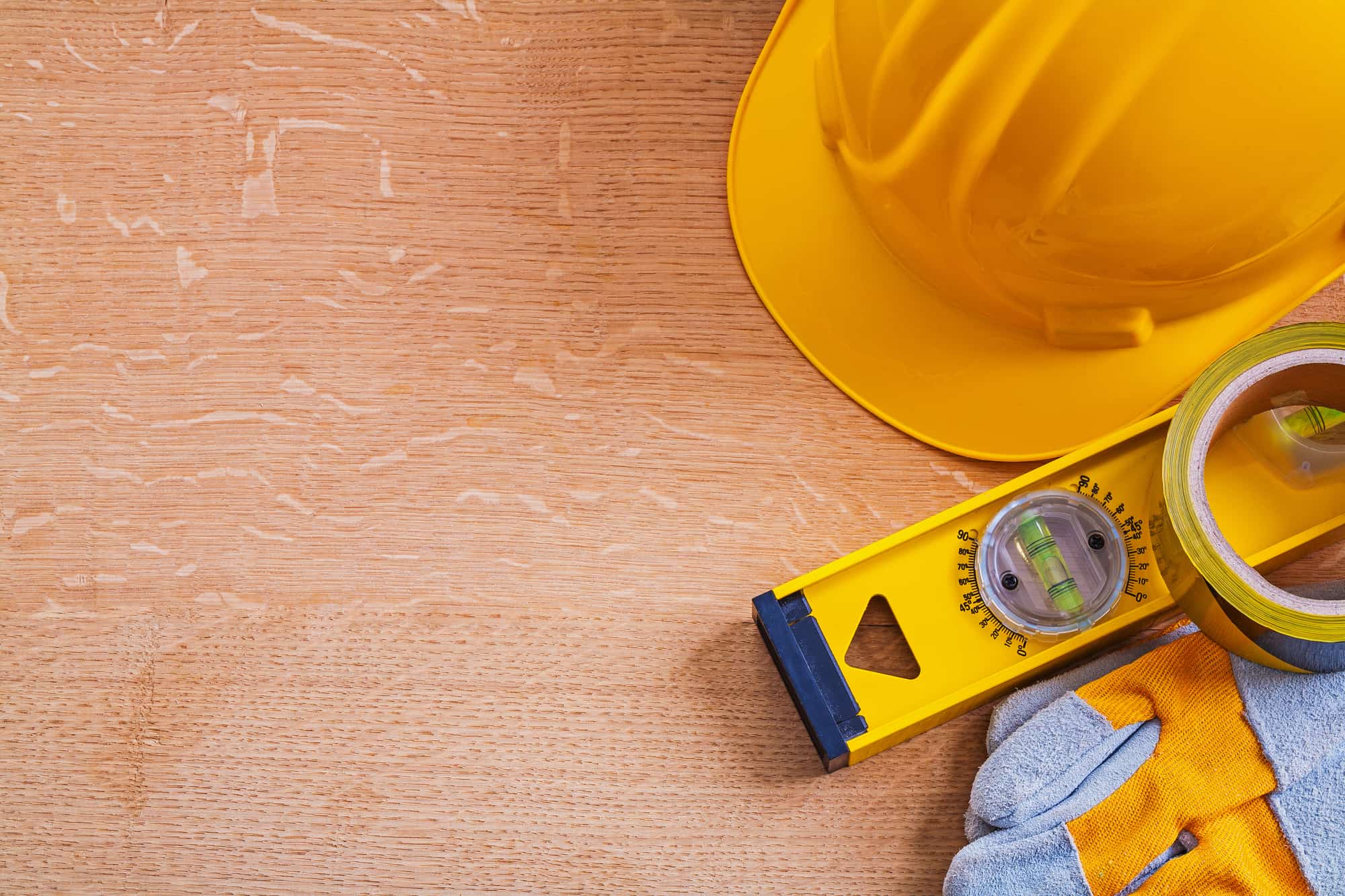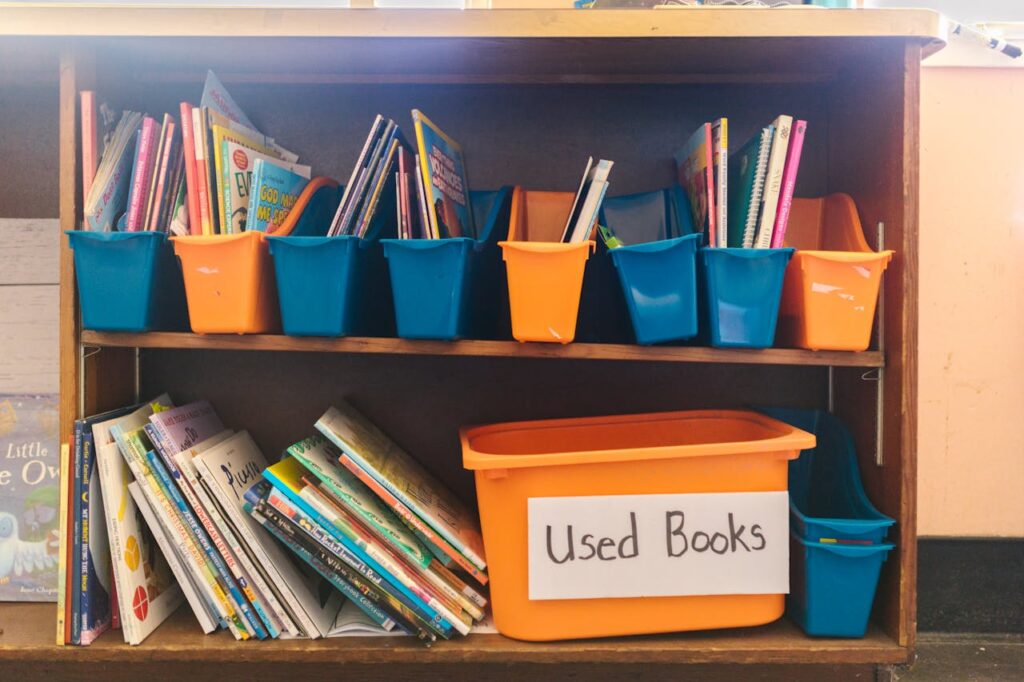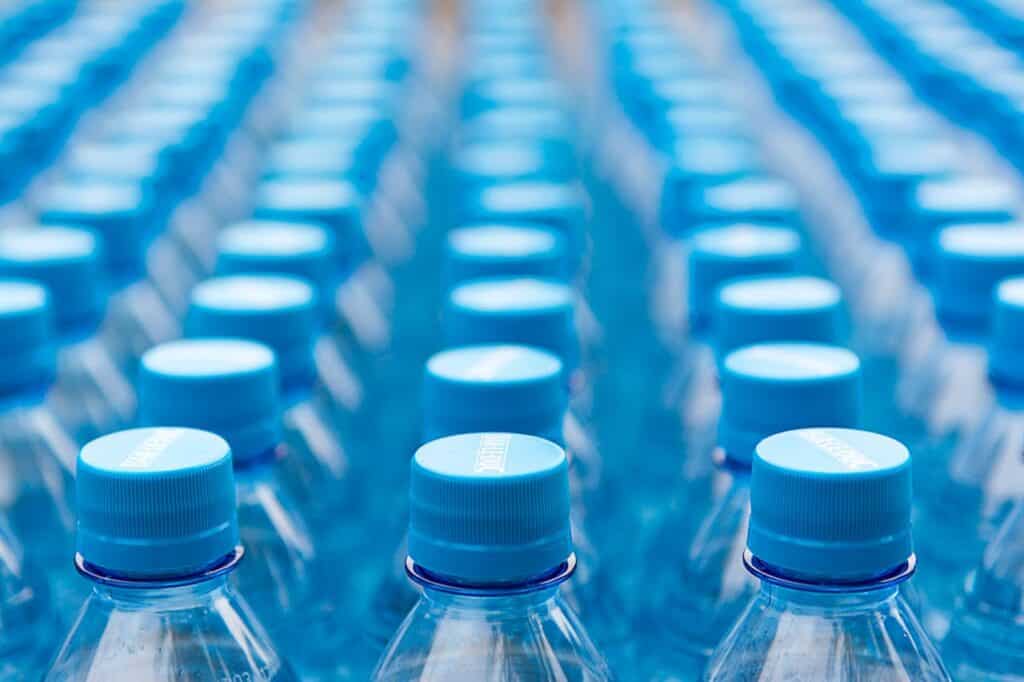Is Plastic Waste The Perfect Building Material?
Over the years, we’ve seen a shift towards more sustainable building practices, driven by a growing awareness of environmental issues and a commitment to reducing our carbon footprint.
In this context, the plastics industry has stepped forward as an unexpected yet compelling player in the quest for sustainable buildings.
Recycled plastics, often derived from discarded plastic waste, are making waves in the construction sector. Plastic offers a cost-effective and eco-friendly alternative to traditional construction materials.
Plastic waste, once considered a significant environmental challenge, is now finding a new purpose in construction applications. By recycling and repurposing plastic waste, the construction industry is taking a significant step towards reducing plastics’ detrimental impact on the environment.
The circular economy model, which emphasises the continuous use and reuse of materials, is at the heart of this transformation. Recycled plastics are providing a second life for discarded materials, promoting a more sustainable and responsible approach within the construction industry.
The Advantages Of Plastic In Building Construction
One of the most significant advantages that plastic waste offers in construction is its cost-effectiveness. When compared to traditional materials like steel or concrete, recycled plastics often come at a lower price point, making them an attractive option for construction projects. Additionally, plastic materials, such as polyvinyl chloride (PVC), are lightweight and easy to install, reducing labour costs and construction time.
Plastic waste doesn’t merely offer a short-term solution; it’s also proving its worth in the long term. These recycled materials are durable, resistant to moisture, and can withstand the test of time, ensuring the longevity of construction projects. Moreover, they come in various types of plastics, each suitable for specific construction applications, further expanding their versatility in the building and construction sector.
The Problem With Current Construction Materials
The construction industry has long been associated with progress and development, shaping the world we live in today. However, beneath the façade of towering skyscrapers and modern infrastructure lies a significant environmental concern – the materials used in construction.
Traditional construction materials, such as concrete, steel, and wood, have played a crucial role in building our cities and homes, but they also pose substantial challenges in terms of sustainability and environmental impact.
Concrete, for instance, is one of the most widely used construction materials globally, accounting for a substantial share of construction projects. Yet, its production is resource-intensive, requiring vast amounts of water and energy, and emitting substantial greenhouse gases.
The cement industry, which is integral to concrete production, is a significant contributor to carbon dioxide emissions, a primary driver of climate change. Cement production alone generates around 2.5 billion tonnes of carbon dioxide (CO2) per year.
Similarly, the steel industry relies heavily on the extraction of iron ore and coal, which has devastating consequences for ecosystems and habitats. The process of refining and manufacturing steel is energy-intensive, further exacerbating its environmental footprint.
Wood, while renewable to some extent, can still contribute to deforestation and habitat destruction when not sourced responsibly.
Moreover, these traditional construction materials often have limited durability, requiring frequent maintenance and replacement. The waste generated from discarded materials poses disposal challenges.
Companies Using Plastic In The Construction Industry
We aren’t the only business championing this cause. Here are a select few of our UK favourites who are doing a wonderful job of turning plastic waste into a useful construction material.
Kedel in Lancashire is one of several UK companies recycling plastic waste into lumber and planks, a type of eco-friendly mock wood. The material is sturdy, versatile, and can be used for many indoor and outdoor purposes. Another great example, especially for coastal projects, is Lankhorst. For eco-wood made from polystyrene, check out Highwood.
Visqueen in Northamptonshire is winning many supporters for creating the first 100% post-use recycled polyethylene damp-proof membrane. This is typically applied as a waterproof layer for building foundations.
SDS Limited in Somerset takes landfill-destined PVC waste and turns it into a low-weight, honeycomb structure modular sustainable drainage system called the SDS GEOlight.
MacRebur in Lockerbie describes themselves as ‘the end of the road for waste plastics’ whilst they have found a way to recycle waste plastic into high quality road surfaces.
Can Plastic Waste Transform The Construction Industry?
Plastic products come in different grades and with different structural components that lend themselves well to construction and engineering applications. This versatility of waste plastic can help to reduce waste ending up at incineration facilities, providing a consistent construction material to the building industry, and allowing contractors to use more sustainable materials.
While plastic waste is not a fix for the construction industry’s sustainability challenges, it represents a significant step forward. By embracing recycled plastics, the construction industry can reduce its environmental impact, promote a circular economy, and contribute to the creation of more sustainable buildings for a greener future.
As we continue to explore innovative ways to minimise our carbon footprint, plastic waste has emerged as a promising contender in the construction industry’s pursuit of eco-friendly solutions.








